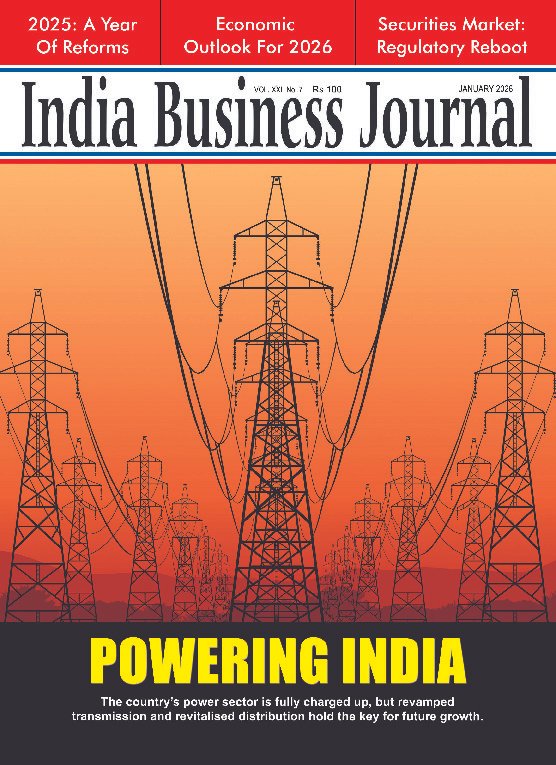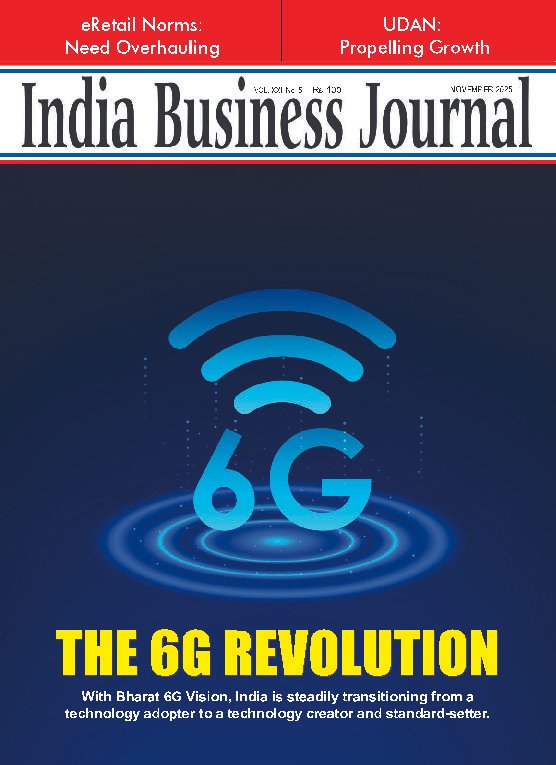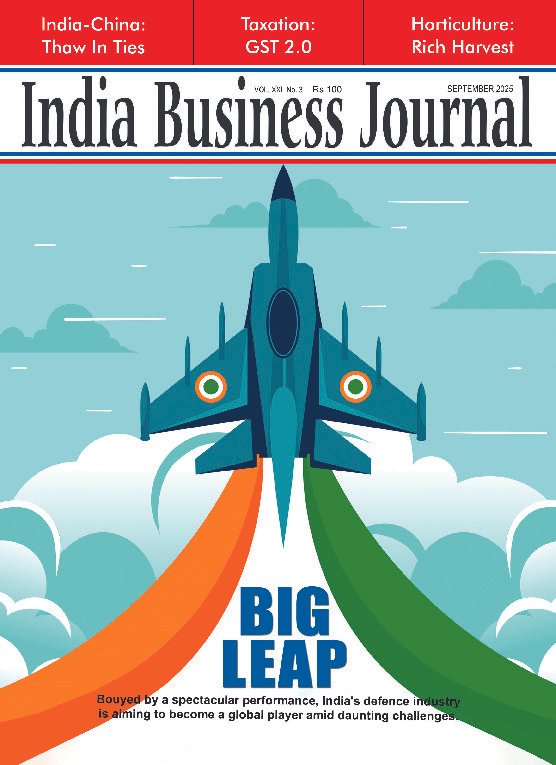WORLD
Three US-based economists win Nobel Prize for societal research
- IBJ Bureau
- Oct 11, 2021

A US-based economist won the Nobel Prize for economics on Monday for pioneering research that showed that an increase in minimum wage did not lead to less hiring and immigrants did not lower pay for native-born workers, challenging commonly-held ideas.
Two others shared the award for creating a way to study these types of societal issues. Canadian-born David Card of the University of California, Berkeley, was awarded one half of the prize for his research on how minimum wage, immigration and education affected the labour market, while the other half was shared by Joshua Angrist from the Massachusetts Institute of Technology and Dutch-born Guido Imbens from Stanford University for their framework for studying issues that can’t rely on traditional scientific methods.
The Royal Swedish Academy of Sciences said that the three had “completely reshaped empirical work in the economic sciences”. “Card’s studies of core questions for society and Angrist and Imbens’ methodological contributions have shown that natural experiments are a rich source of knowledge,” said Peter Fredriksson, the chair of the Economic Sciences Committee. “Their research has substantially improved our ability to answer key causal questions, which has been of great benefit for society.”
Mr Card looked at what happened when New Jersey raised its minimum wage from $4.25 to $5.05, using restaurants in bordering eastern Pennsylvania as a comparison group.
Contrary to previous studies, he and his late research partner, Alan Krueger, found that an increase in the minimum wage had no effect on the number of employees. Mr Card later did further work on the issue.
Overall, the research concluded that the negative effects of increasing the minimum wage were small and significantly smaller than believed 30 years ago, the Nobel committee said.
Mr Card also found that incomes of those who were native born to a country could benefit from new immigrants, while immigrants who arrived earlier were the ones at risk of being negatively affected.
Mr Angrist and Mr Imbens won their half of the award for working out the methodological issues that allowed economists to draw definite conclusions about cause and effect even where they cannot carry out studies according to strict scientific methods.





















Report By
View Reporter News